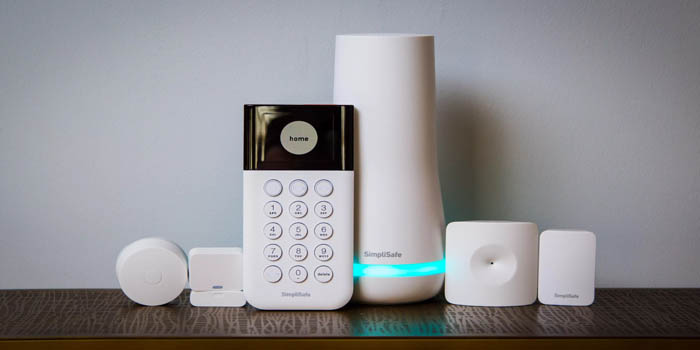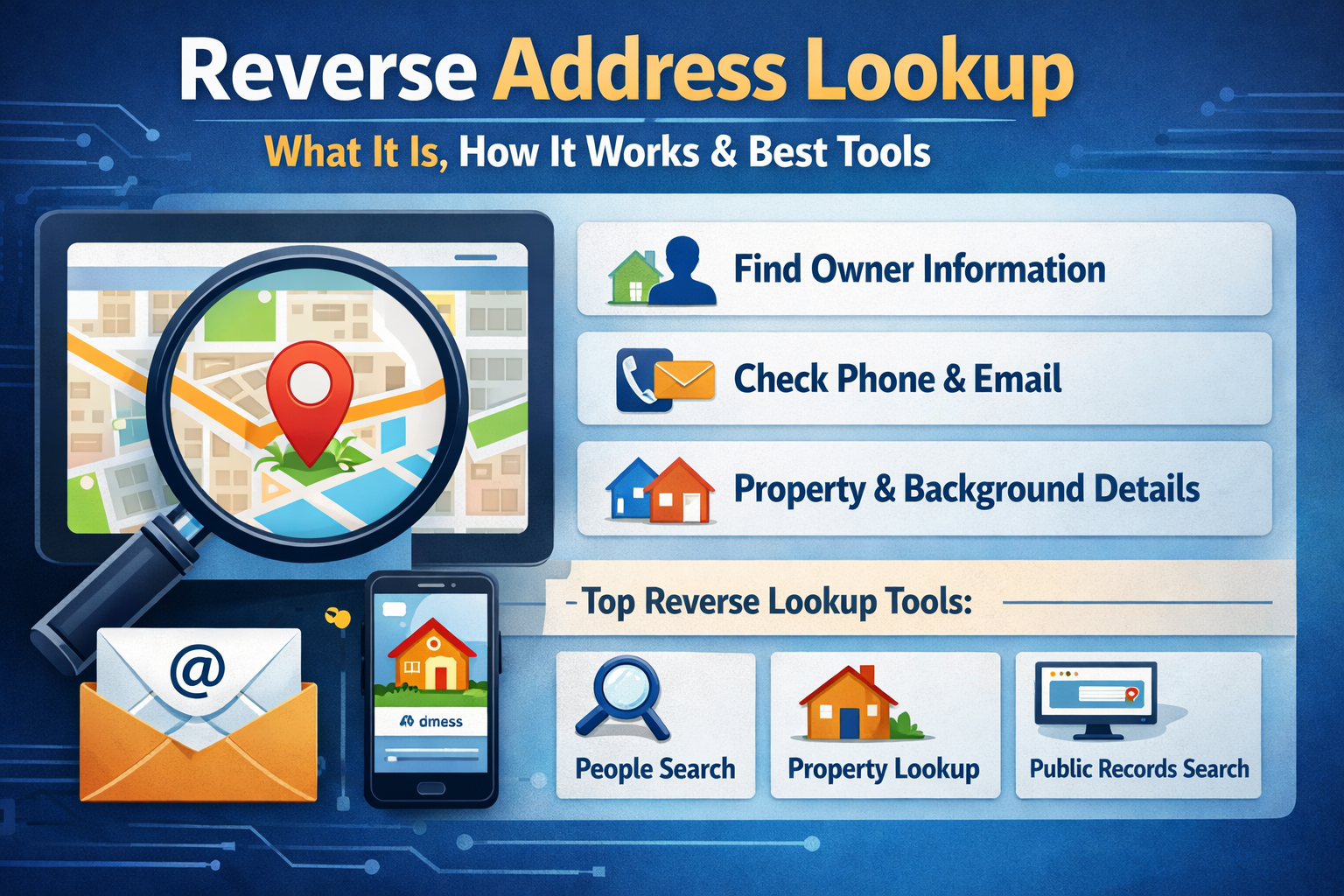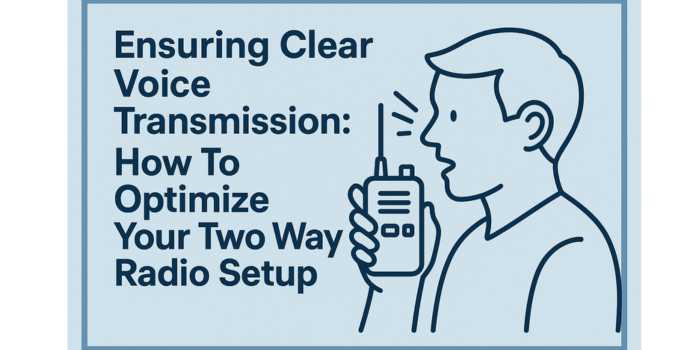If you have a home or business security system installed, one of the best ways to harness its effects is to have the ability to control the panel registers for emergency events. This can be done with an alarm monitoring that provides you with the means to access communications between your security systems and send signals to a key monitoring station.
The business security industry has moved with the times to combine the latest innovations in cellular and data connections systems. Nowadays, alarm systems combine the power of 4G or LTE connections to deliver the most efficient ways of safeguarding your property.
How Alarm Monitoring Works to Keep Your Business Safe
Though technical specifics and service definitions vary per service provider, the underlying goal of an alarm monitoring system is the same on your home security system. The key components working to provide security to your home include the window and door sensors, smoke or motion detectors, the tamper sensors on your telephone box, and other exterior components.
The whole network of sensors sends signals to the control box, which activates communications through the telephone lines, which calls to notify you of a possible problem. The same concept works with business alarm monitoring, which provides your property with prompt support. Such equipment sending signals to a central control station contacts the right agency for emergency dispatch.
There are also security systems that provide extra features to keep your business safe, including silent alarms, so intruders are not alerted or immediate alarms for a quick and direct dispatch check. These additional features are what you need to look for in security monitoring, giving you more value for your investments.
The 4G Network and What it Means for Business Alarm Monitoring
The 4G network communication has expanded over time to include more than just essential cellular services. Nowadays, more and more industries are tapping into the network capacity for better resolution quality and optimised security protocols.
Though the 4G network is a wireless communications standard, its capacity to provide your security network with an agile way of communicating provides a far superior way of ensuring a smooth and speedy response from agencies responsible for emergency dispatches.
4G alarm monitoring providers ensure quality connections, ensuring latencies are reduced, and the necessary speeds are achieved. Up to now, 4G is still considered as the most reliable cellular network, allowing faster data and information exchanges.
Having a 4G-enabled alarm monitoring system for your business ensures you get a better and more reliable security platform. It provides sound connections that are achieved minus the latencies of most networks using lower cellular allocations.
Reasons to Switch to an Alarm Monitoring System
Passive security systems like fences and walls are no longer efficient ways to protect your business from burglars. Nowadays, the need to switch to a more reliable and secure business safety monitoring device will not only deter criminals but lessen the risks of sustaining such unwanted circumstances.
Some of the reasons to switch to a 4G alarm monitoring security system include are below:
- Removes the weaknesses of landline-based security systems from cut and damaged phone lines.
- The wireless and 4G network provides an uninterrupted and reliable connection without the constraints of a Wi-Fi enabled protection system.
- An alarm monitoring powered by cellular connection is cheaper than most other types of security systems.
- Receive monitoring results and signals faster than most landline-based technologies.
Powering your business with an up-to-date security protocol will not only provide you with the long-term safety you need. A fast and reliable technology is what your business needs considering that crooks and thieves have also upped their approaches to outsmart traditional security technologies.




